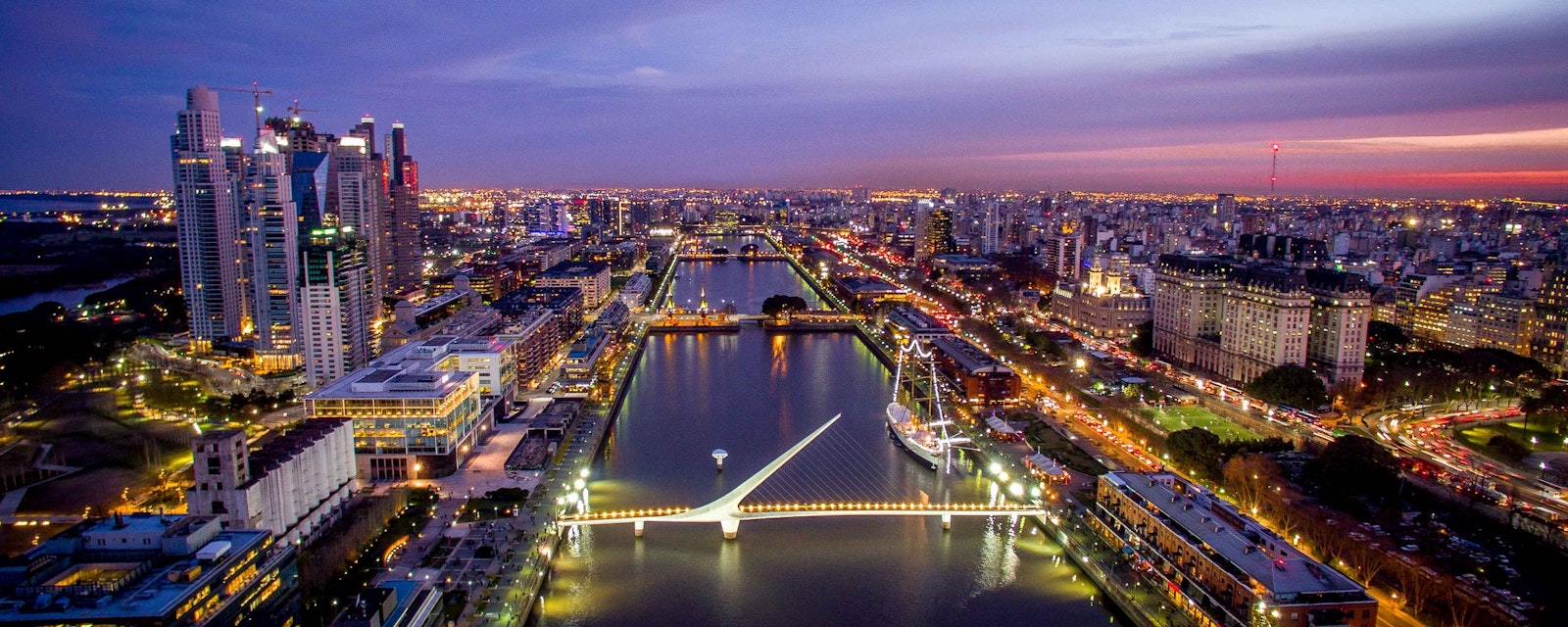This week, there is apprehension in Brazil about the politicization of tomorrow’s Bicentennial Independence Day military parades. Chile’s constitutional reform process is not over despite the overwhelming rejection of the new constitutional draft by voters last weekend. In Argentina, the attempted assassination of Vice-President Cristina Fernandez (CFK) will keep political tensions high as the government continues its efforts to stave off a full-blown economic crisis.
Meanwhile, energy policy in Mexico is set to rise back up to the top of the political agenda over the next fortnight. Finally, in Colombia, the exact dimensions of President Gustavo Petro’s coalition will become clear this week.
Brazil
There is great apprehension in Brazil about the Bicentennial Independence Day military parades tomorrow, 7 September. President Jair Bolsonaro has been calling on supporters to attend them in an effort to transform them into rallies less than a month before the first-round presidential election scheduled for 2 October. The president trails former president Luiz Inacio Lula da Silva in the polls by 8-12 percentage points. The Bicentennial parades and Bolsonaro’s speeches in both Brasilia and Rio de Janeiro are seen as a last-ditch attempt to revert the electoral dynamics in his favor at a time when his ceiling may have been reached, despite the disbursement of billions of reais in cash transfers and subsidies to the most vulnerable segments of the population alongside truckers, taxi drivers, and others.
Chile
The central question stemming from the 4 September referendum in which voters emphatically rejected the draft new constitution is how to pursue a reform process that produces a more balanced outcome. A new constitution is still in prospect because the “reject” campaign was predicated on not abandoning public clamor for constitutional reform. Some signals of how a new, better designed reform process might advance could emerge today, 6 September, as President Gabriel Boric and parties from across the political spectrum meet. While there has been talk of a new agreement by 11 September, the anniversary of the 1973 coup that brought Gen. Augusto Pinochet to power, this may be optimistic, especially since the hastily conceived 2019 agreement for a new legal framework is seen as contributing to the failed re-write process. A cabinet reshuffle will also take place today; a politically weakened Boric is expected to promote centrists at the expense of some of his closest – but severely discredited – allies.
Argentina
The fallout from the attempted assassination of Vice-President Cristina Fernandez (CFK) on 1 September will continue to reverberate this week. Intelligence services have said that everything points to the incident, in which an attacker tried to shoot CFK at point-blank range, as a lone wolf attack, though investigations are continuing. Political tensions will remain elevated after CFK allies called for a corruption trial against the VP to be halted in the wake of the incident. The botched assassination attempt followed prosecutors’ call for a 12-year sentence against CFK in an infrastructure embezzlement case, which led to protests outside CFK’s residence in Buenos Aires. In the tumult of these protests, the gunman was able to approach CFK. The opposition has accused the Kirchnerista movement of exploiting the incident to attack the judicial system and critical media.
In parallel, Economy Minister Sergio Massa is in the US (Washington and Houston) all this week. Massa will be aiming to demonstrate that quarterly targets set by the International Monetary Fund (IMF) have largely been met; unblock Inter-American Development Bank (IDB) financing; and attract new investment inflows. Before travelling, Massa improved the terms of the temporary preferential exchange rate for soybean producers in a renewed effort to incentivize them to release grain stockpiles, thereby boosting reserves and pushing back against devaluation expectations. The aim is to add USD 5bn to Central Bank (BCRA) reserves over September. The agricultural sector has described the measure as another short-term patch that fails to address deeper problems of exchange rate complexity and a high tax burden, quite apart from the structural issues in the macro-economy.
Mexico
US Secretary of State Antony Blinken is expected in Mexico at the end of this week. The official reason for Blinken’s visit is to participate in a session of the US-Mexico High-Level Economic Dialogue (HLED) scheduled to take place on 12 September. However, the thrust of Blinken’s visit may well be focused on the simmering trade dispute between Mexico and the US. A US-triggered dispute settlement process related to aspects of President Andres Manuel Lopez Obrador (AMLO)’s energy policy is now underway under the United States-Mexico-Canada Agreement (USMCA). AMLO, who has been defiant in the face of the process, which could eventually involve punitive trade tariffs being imposed against Mexico, has said that he will provide a full response on 16 September. Blinken will likely aim a) to ascertain whether AMLO could seek Mexico’s exit from the trade pact (something which AMLO has recently denied) and b) to curb AMLO’s anti-US rhetoric.
Colombia
Political parties have until 7 September to officially declare whether they support the government, intend to adopt an independent stance, or set themselves in opposition. Once the deadline passes, it will be possible to measure how successful President Gustavo Petro’s coalition-building efforts of recent weeks have been. The Liberals and the “U” party both previously signaled their support for Petro but have since been showing signs of wavering. If the Liberals were to adopt an independent stance, it would complicate Petro’s legislative agenda. Petro wants his flagship tax reform passed before the end of October. The only real counterweight to Petro’s Historic Pact (PH) coalition in Congress will come from the weakened and internally divided Uribista Democratic Center (CD). The CD wants the defeated presidential candidate Rodolfo Hernandez – now a senator – to join the opposition to Petro, though Hernandez has said that he will opt for a position of independence. Parties can change their stance once in the four-year term.




